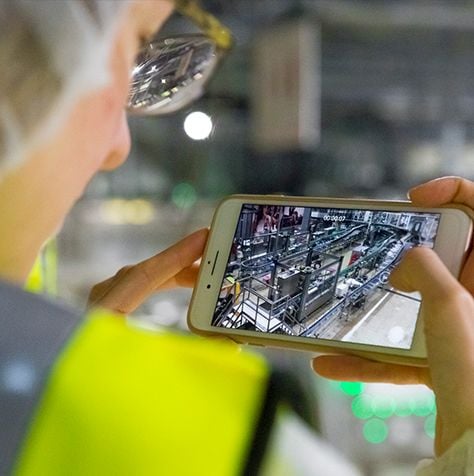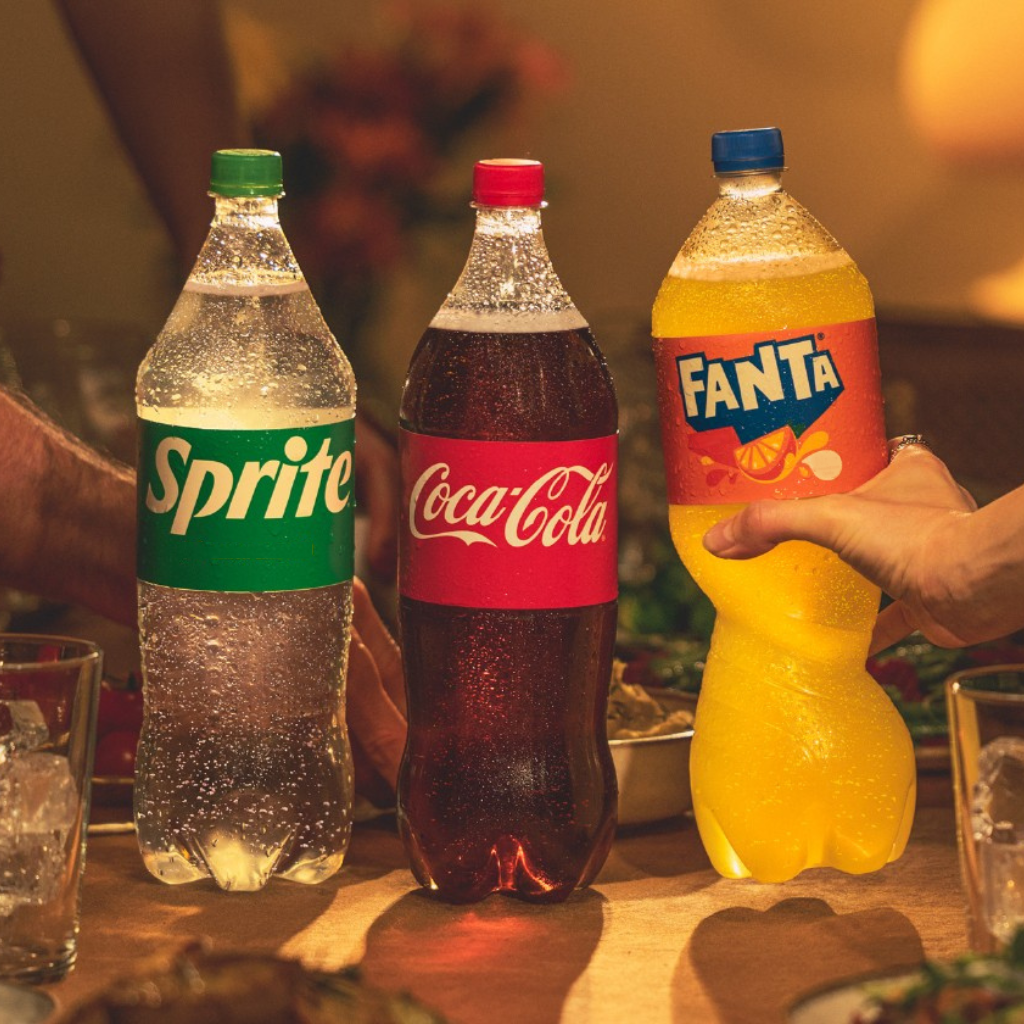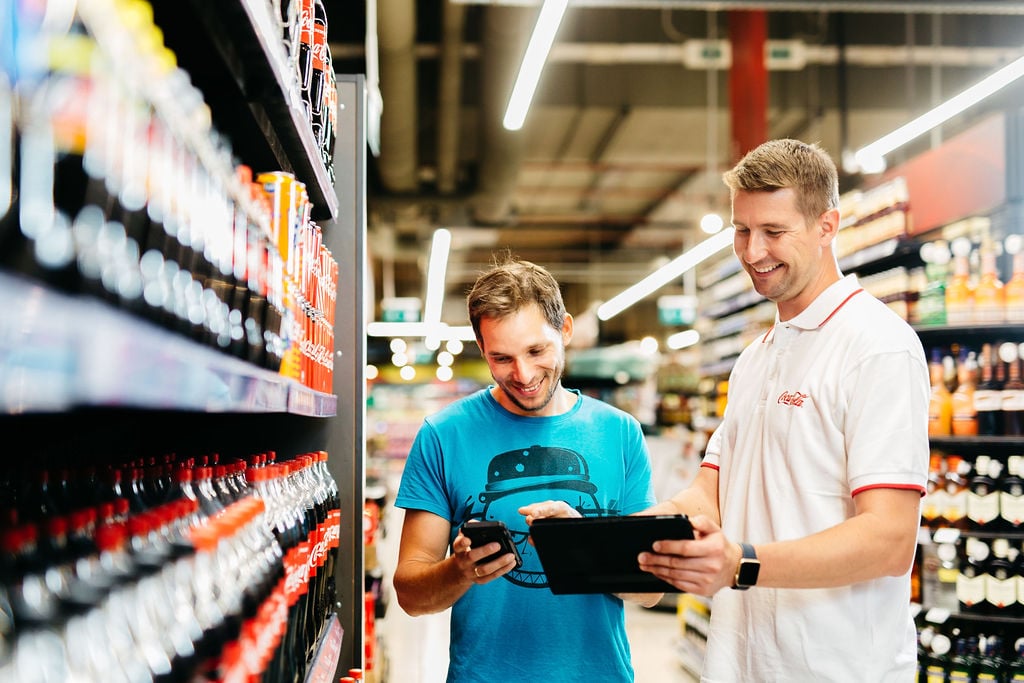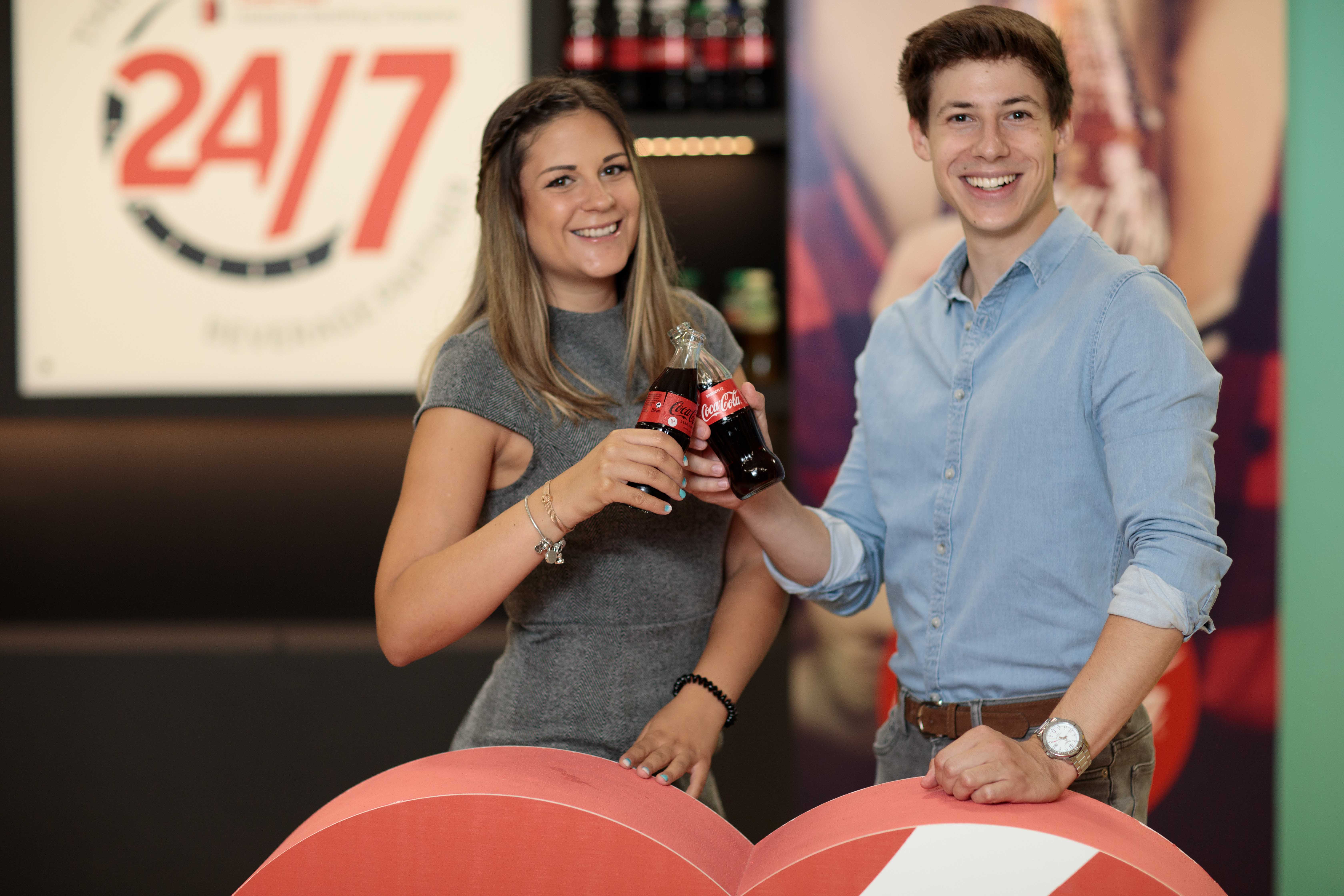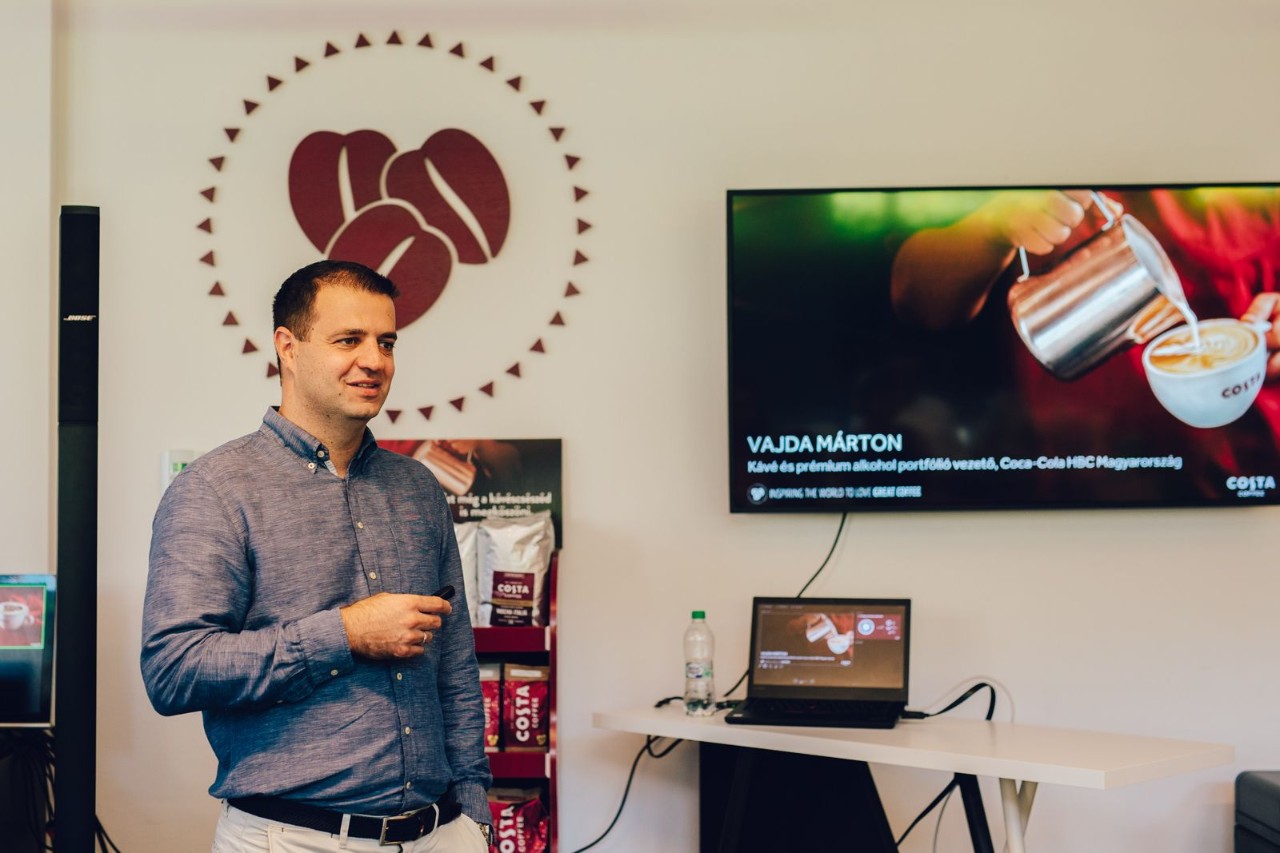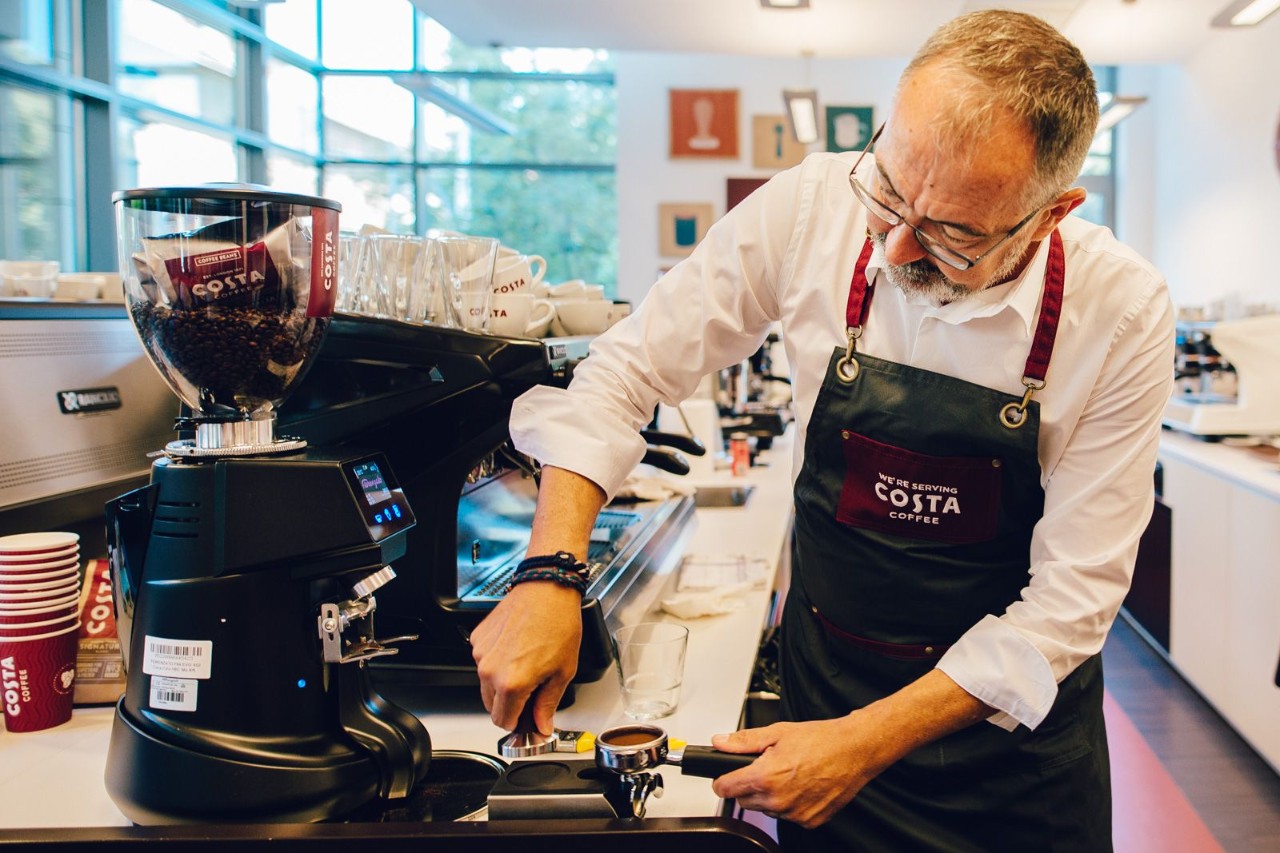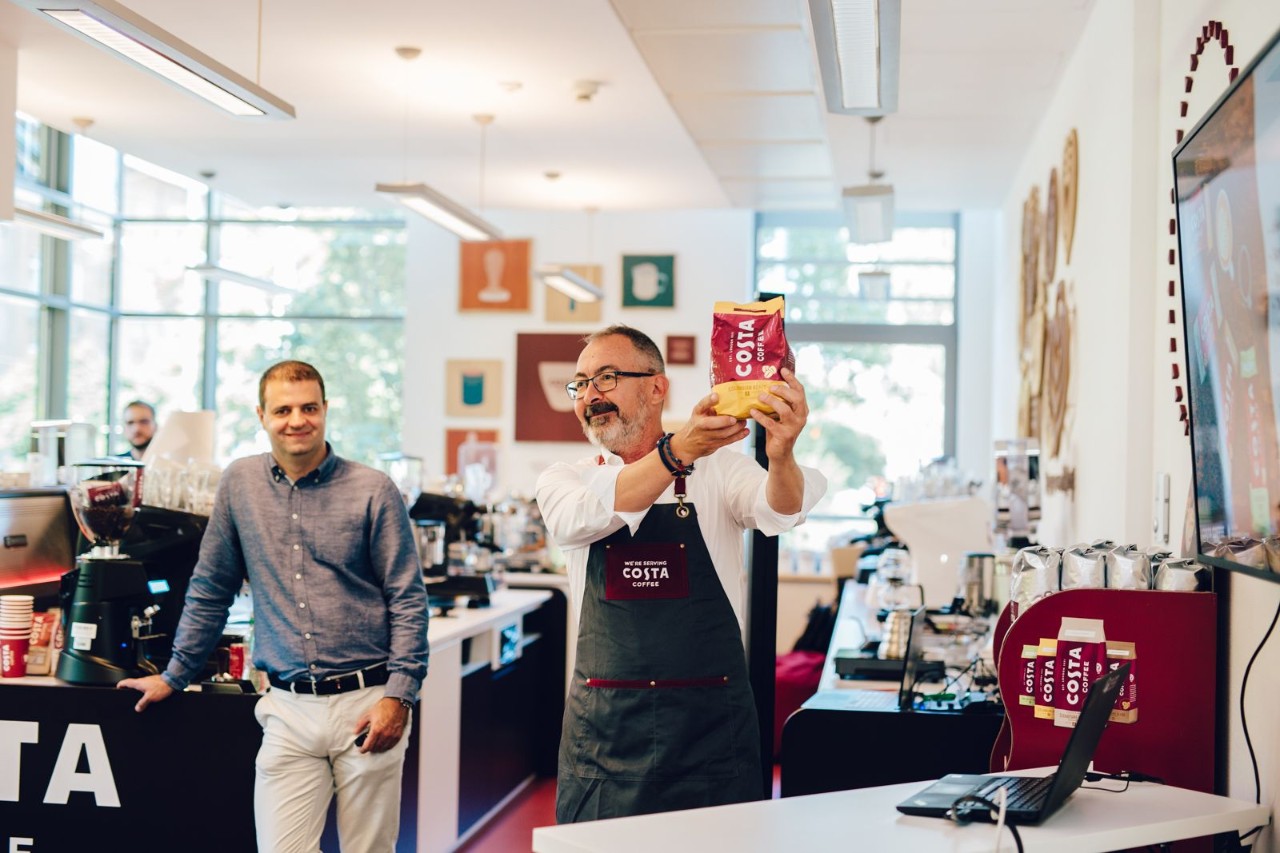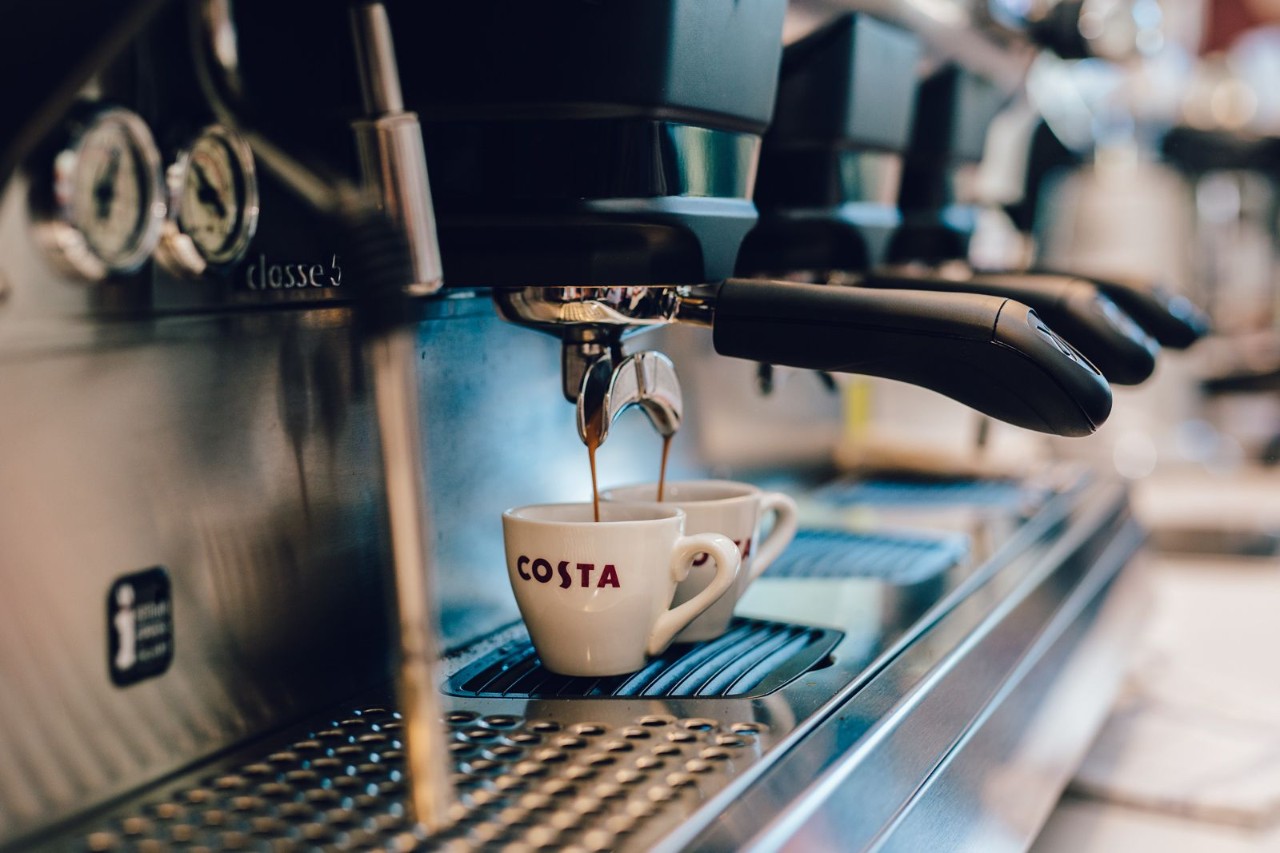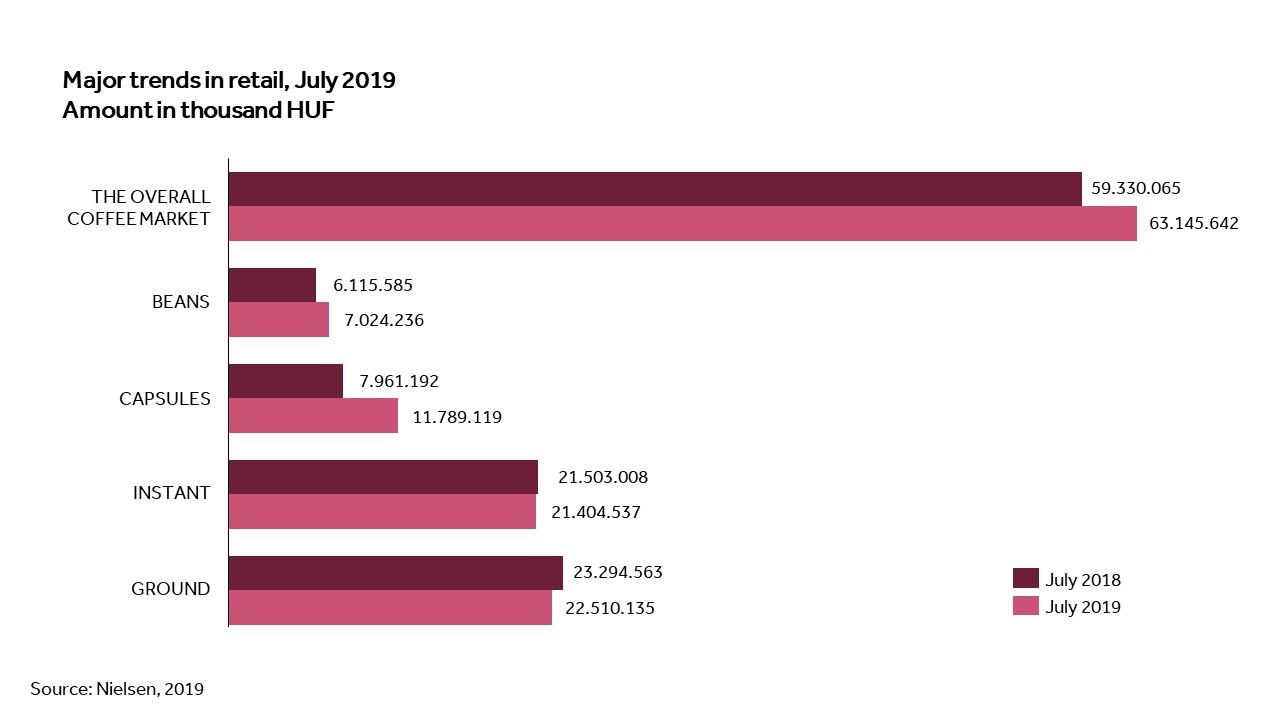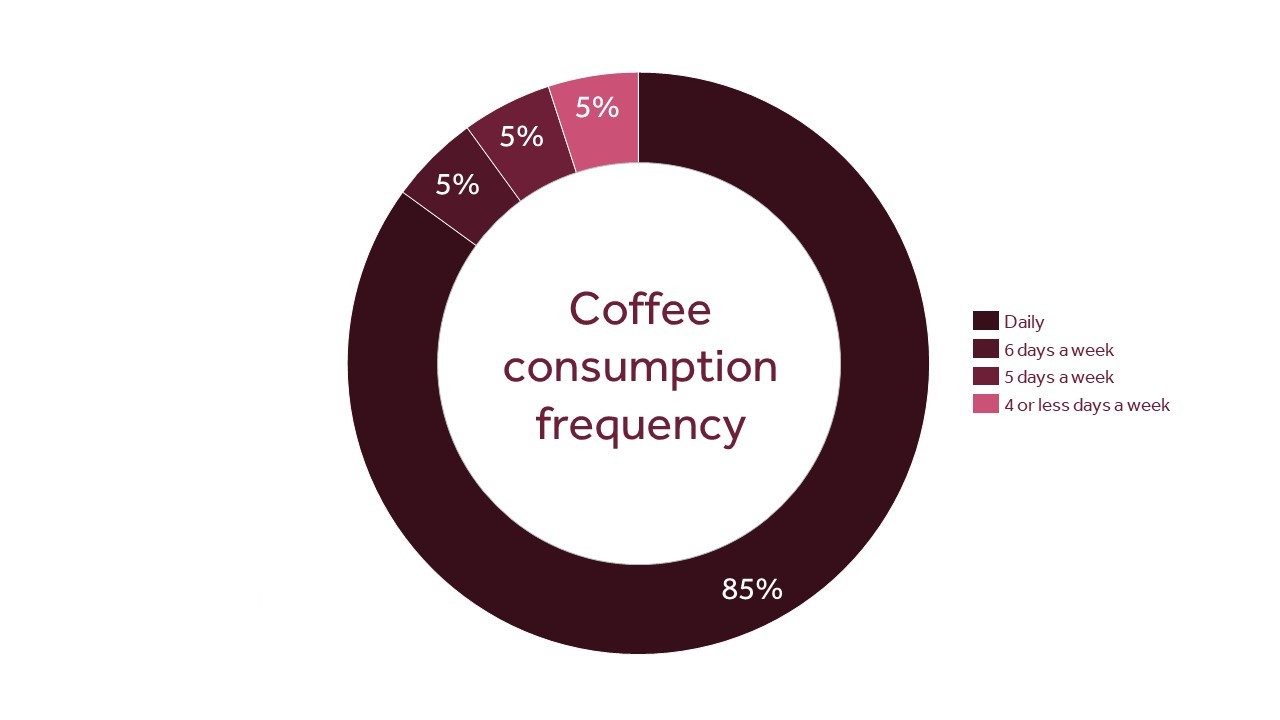Márton Vajda added that in accordance with the strategy of the leading beverage partner, Coca‑Cola HBC Hungary aims to offer beverages that meet consumer occasions around the clock with its broad portfolio. Hungary’s leading beverage company already has sparkling soft drinks, water, functional beverages, premium spirits and energy drinks. “With Costa Coffee, our portfolio offers more than 100 products in more than 500 different formats. Our plan is to have just over two-thirds of coffee sales in retail in the first few years, while coffee consumed in bars, restaurants, cafes and at-work will account for the rest”, said Márton Vajda.
Coca‑Cola HBC has so far introduced four types of roast & ground coffee in Hungary, as well as coffee beans. These are the medium and dark roast Signature Blends made from the unique combination of Arabica and Robusta beans; the 100% Arabica Bright Blend, and the Columbia Single Origin which is also made from 100% Arabica beans. Starting from October, Costa Coffee’s offer will be expanded with Nespresso-compatible coffee capsules. Costa Coffee's professional coffee machines have also been introduced to bars, restaurants, premium stores and in offices. All of Costa’s coffee is 100% Rainforest Alliance Certified.
The coffee market in Hungary
According to Nielsen’s 2019 data, the retail coffee market in Hungary is expanding by 6.4 percent each year. The increase is primarily due to the availability of premium coffee beans and the still young capsule segment, which offers great growth potential for both producers and distributors.

